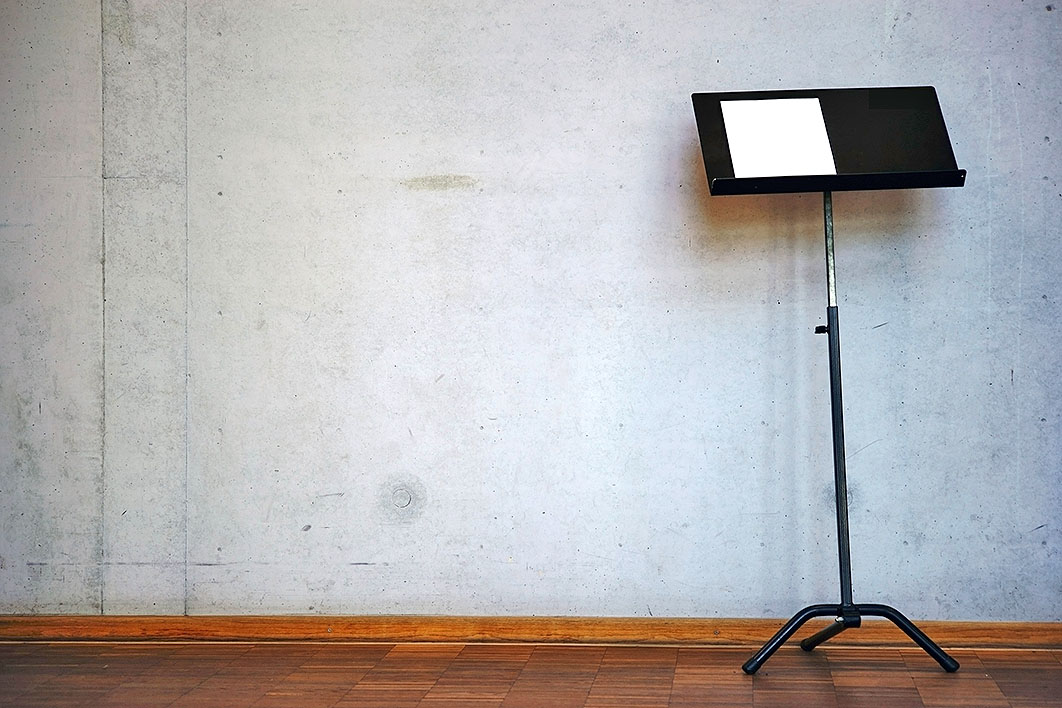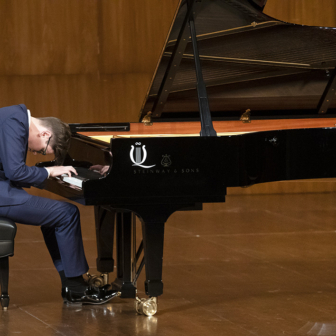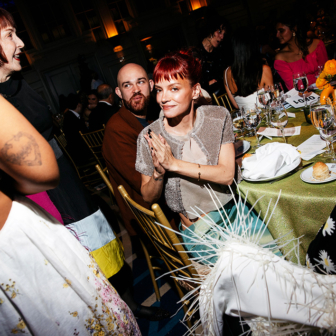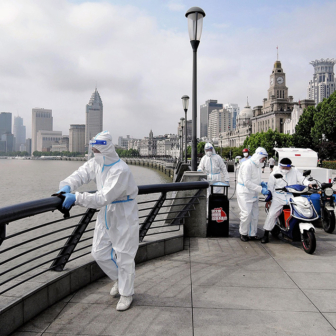In the last few weeks, artists around the world have been adjusting to uncertain futures. There’s been much talk of reinvention. For example, I’ve just composed my first lockdown piece, a commission from a viola-playing doctor who expects to test positive to Covid-19 sooner or later and wanted something to work on in his isolation. Only a few weeks ago it wasn’t in my schedule, but then my schedule doesn’t really exist anymore.
It’s been that kind of year from the start — even before this pandemic showed up. As the year began, I was working on a large orchestral piece and it was going well. The piece in question was a response to the climate emergency, and in late 2019, as the temperatures soared and bushfires raged, the project had gained a certain urgency.
Then in January the fires came closer to the NSW Southern Highlands where I live with my family, and on a couple of occasions it seemed prudent to evacuate. We went to friends in Sydney, the second time missing a close call. The fire didn’t come to us in the end, it changed direction at the last minute, but when we returned our little town was eerily quiet, shrouded in smoke, and so still that the only perceivable movement was tiny flecks of ash floating down from on high.
A few days later, I had an email from Britain. My friends in the Brodsky Quartet had seen the Southern Highlands mentioned in a news report and wondered if I was okay. After a few messages back and forth, we settled on an idea for a piece of music in response to the fires. I wanted to do it quickly, like musical reportage, and they suggested an April premiere, since they had a concert in Bristol with the didgeridoo player William Barton and would be able to slip it into the program. It seemed a shame for William to sit my piece out, so I called him up to ask if he’d like to be in it too.
Accordingly, the orchestral piece was set aside, and over the next few weeks I worked furiously on my seventh string quartet, entitled Eden Ablaze, with an optional part for didgeridoo (not all string quartets are able to rustle up a didgeridoo player). At the end, little high-pitched specks of sound drift down like that ash. I completed the piece in late February and booked my flight to England. The concert was cancelled a few weeks later.
So much for musical reportage! Of course, now bushfire stories have themselves dropped out of our newsfeeds. Still, if composers are never likely to be much use as reporters, especially in these days of fast-breaking news and ever-changing world events, there’s always crisis management — particularly if a crisis can be foreseen.
The viola-playing doctor is Tim Senior — no stranger to Inside Story — a GP working with the Tharawal Aboriginal Corporation community-controlled health service in Campbelltown, southwest of Sydney. He’s also principal violist in the Southern Highlands Symphony Orchestra, which I conducted late last year in the first performance of my Big Bang. Now he wanted a solo piece that he might learn and practise, when, as seemed likely, he succumbed to the coronavirus.
On the phone, Tim mentioned a number of pieces he liked, including Benjamin Britten’s Lachrymae, variations for viola and piano on the Elizabethan tune of that name by John Dowland. Midway through Britten’s piece, the composer memorably quotes another Dowland song, “Flow My Tears.” Perhaps this is what put Purcell’s song “O Solitude, My Sweetest Choice” in my head. That, plus its title. I sent the Purcell to Tim to see what he thought about making “O Solitude” my starting point, and he approved, so I got to work.
It took me a week and a bit to write and, as with any piece that’s going well, it threw up some surprises along the way. Tim had requested two to three minutes of music and, I think, imagined the piece to be elegiac in tone. That’s what I expected, too, and certainly that’s the vein in which the music sets out. Before long, however, it was straining at the leash. Every time I pulled the piece back into line, it tugged more vigorously. In the end, the struggle between what I wanted to do and what the music wanted to do became a defining feature of the piece, which turned out to be about three times longer than Tim had asked for.
Just as I was completing it, I was in touch with my friend, the composer Brett Dean — himself, as it happens, a fine viola player — who is presently recuperating from his own bout of Covid-19. Brett mentioned that the music he’d been craving in isolation was fast and rhythmically driven, providing him with “a much needed shot of energy.” His comment made me understand my piece.
As I write these words, Dr Senior is still well, but he tells me he’s already working on In My Solitude, as the piece has come to be called (thank you, Duke Ellington). Naturally, I very much hope he remains well, that solitude isn’t forced upon him, and that his only problem in the coming weeks is when to give the online premiere of our piece. •




